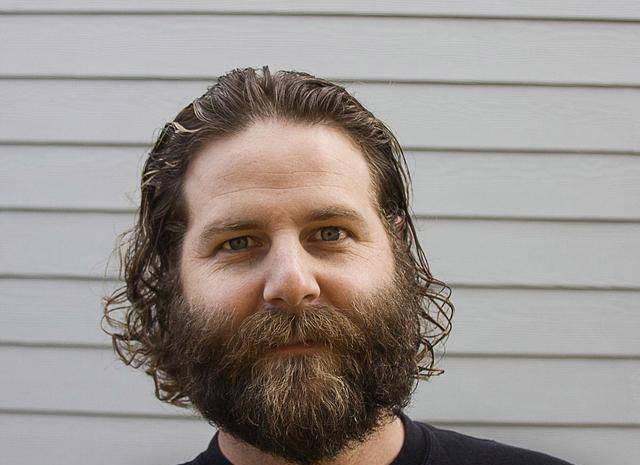There are two extreme attitudes towards men’s treatment of beards. Some people feel that their beards are too sparse, lacking masculinity, while others feel that their beards are too dense, appearing untidy if not groomed. However, from a medical perspective, the thickness of a man’s beard may be related to his overall health, particularly with testosterone levels. There are also rumors claiming that not shaving can affect lifespan. So, is there really a connection between beards and lifespan?
The University of Bristol in the UK conducted a study on the association between “shaving frequency and the risk of heart disease and stroke.” The study observed and analyzed data from 2438 middle-aged men, and the results showed that infrequent shaving may lead to an increased risk of mortality.
Researchers found that men who shaved daily had a significantly lower risk of heart disease or stroke compared to those who did not shave regularly. 45% of the deceased population did not have the habit of shaving daily.
However, the study also pointed out the influence of other factors. Among the deceased population, most individuals had a smoking habit and poor lifestyle habits, making them more susceptible to diseases.
Additionally, the study found that most men who did not shave regularly were unmarried and had fewer romantic relationships, which could affect their hormone levels, leading to lower circulating levels of sex hormones in the body, potentially impacting blood lipid levels.
Overall, while the study indicated through data that “infrequent shaving may lead to a shorter lifespan,” there is no direct evidence proving a causal relationship between the two.
Therefore, this study cannot be considered a strict medical conclusion. The relationship between beards and lifespan still requires further research for clarification.
Why do men grow beards? This question may sound simple, and most people may think that growing a beard is a male “badge” aimed at attracting the opposite sex. However, this issue is actually more complex, involving the interactive influences of biology and social factors.
From a biological perspective, there is no consistent conclusion on whether growing a beard can attract the opposite sex. Some studies suggest that women may be more interested in men with some stubble or a light beard. However, other research reports suggest that women tend to prefer clean-shaven men, hence there is no clear evidence that growing a beard is for attracting the opposite sex.
Psychologists at Northumbria University conducted a study on the origin of beards, concluding that men grow beards more likely to stand out in male competition rather than to attract partners. Beards can make men appear more masculine and confident, potentially aiding in gaining an advantage in social interactions and competitions.
The reasons for men growing beards include both biological displays of masculinity and social status symbols, depending on specific cultural and social environments. While attracting the opposite sex may be one of the reasons, it is not the only one.
The growth speed of beards often sparks curiosity and questions among people. Why do some people’s beards seem to grow rapidly while others do not? The growth speed of beards is influenced by various factors, with genetic genes and endocrine being two significant factors.
Firstly, genetic genes play a critical role in beard growth speed. Genetic genes are inherent and cannot be changed. If a person’s parents have thick beards, then their offspring are likely to have a faster beard growth rate. This is because genetic genes pass on hair growth characteristics.
Additionally, endocrine also plays a significant role in influencing beard growth speed. After entering puberty, the body’s secretion of testosterone increases. These male hormones stimulate follicle growth, promoting beard growth. Hence, individuals secreting more testosterone generally have faster beard growth, while those secreting less testosterone may have slower beard growth.
In addition to genetic factors and endocrine, daily diet and lifestyle habits also impact beard growth speed. Prolonged staying up late may lead to excessive testosterone secretion, accelerating beard growth. Meanwhile, a diet high in protein and nutrients can stimulate beard growth as these nutrients are necessary for hair growth.
Why do some people have abundant body hair while their hair gradually decreases? This issue involves the actions and effects of testosterone.
The effect of testosterone on hair is bidirectional. When males enter puberty, testosterone levels increase, prompting the growth of body hair, including beards, while maintaining secondary sexual characteristics. This explains why some males have thick beards and body hair.
However, excessively high testosterone levels can also lead to issues. Excessive testosterone can trigger excessive sebum secretion, especially on the scalp, which may inhibit hair follicles, gradually leading to follicular atrophy and eventual hair loss, impeding regrowth. This gradual hair loss phenomenon is clinically referred to as “androgenetic alopecia.” In this scenario, the excessive action of testosterone adversely affects hair health, resulting in hair loss. Thus, while testosterone plays a role in stimulating the growth of some hair, its excessive action may cause issues with hair thinning and loss.


